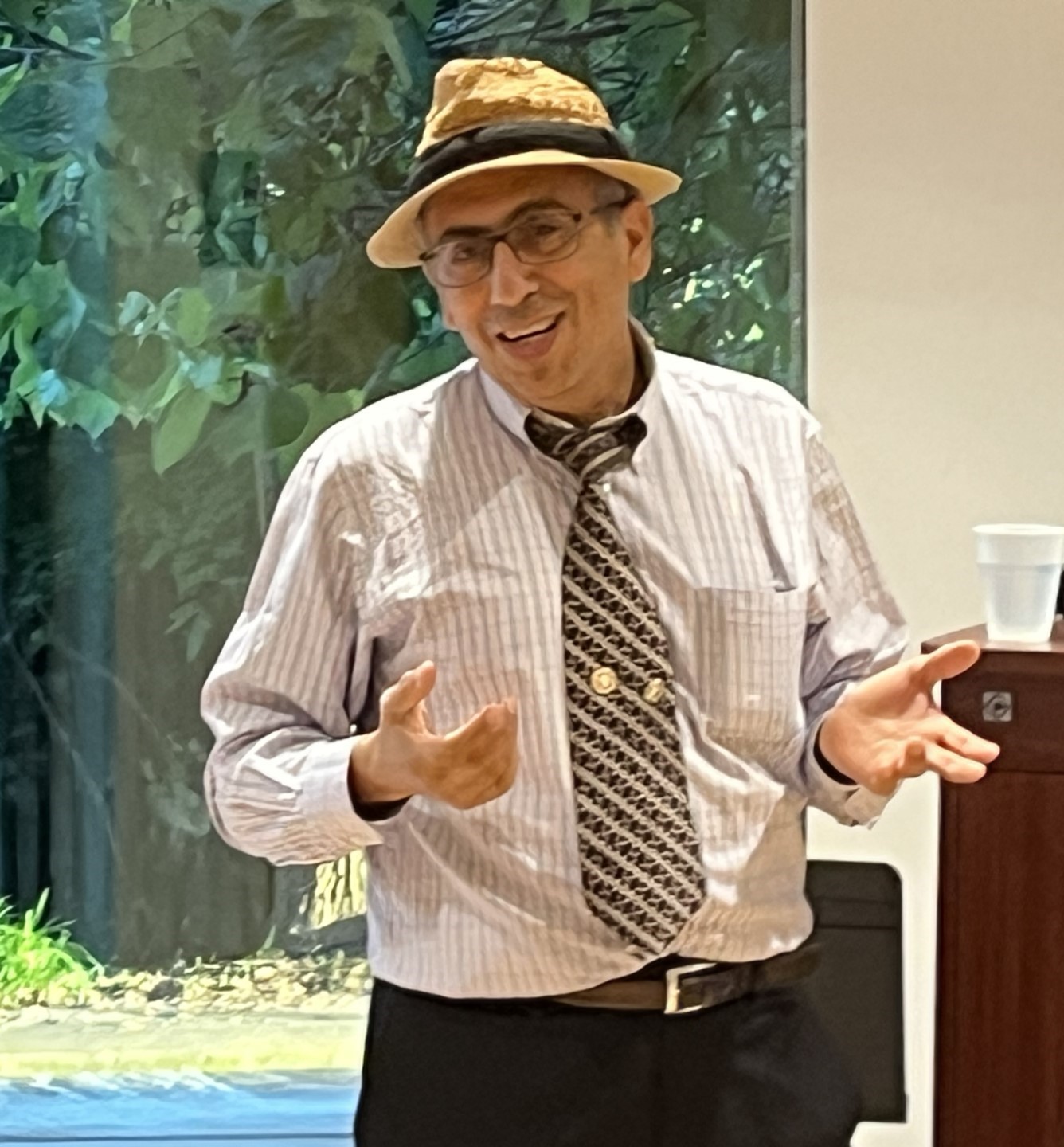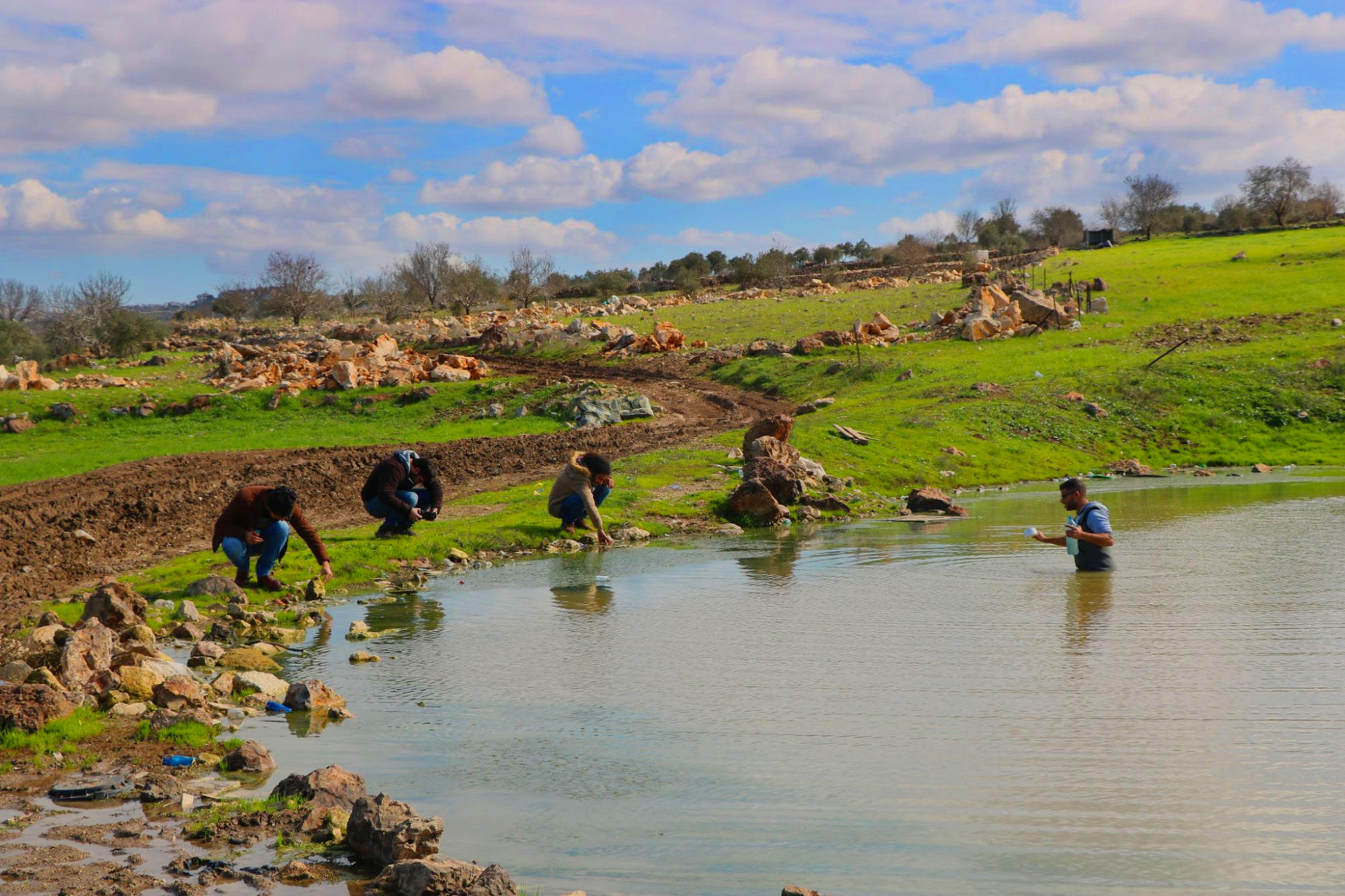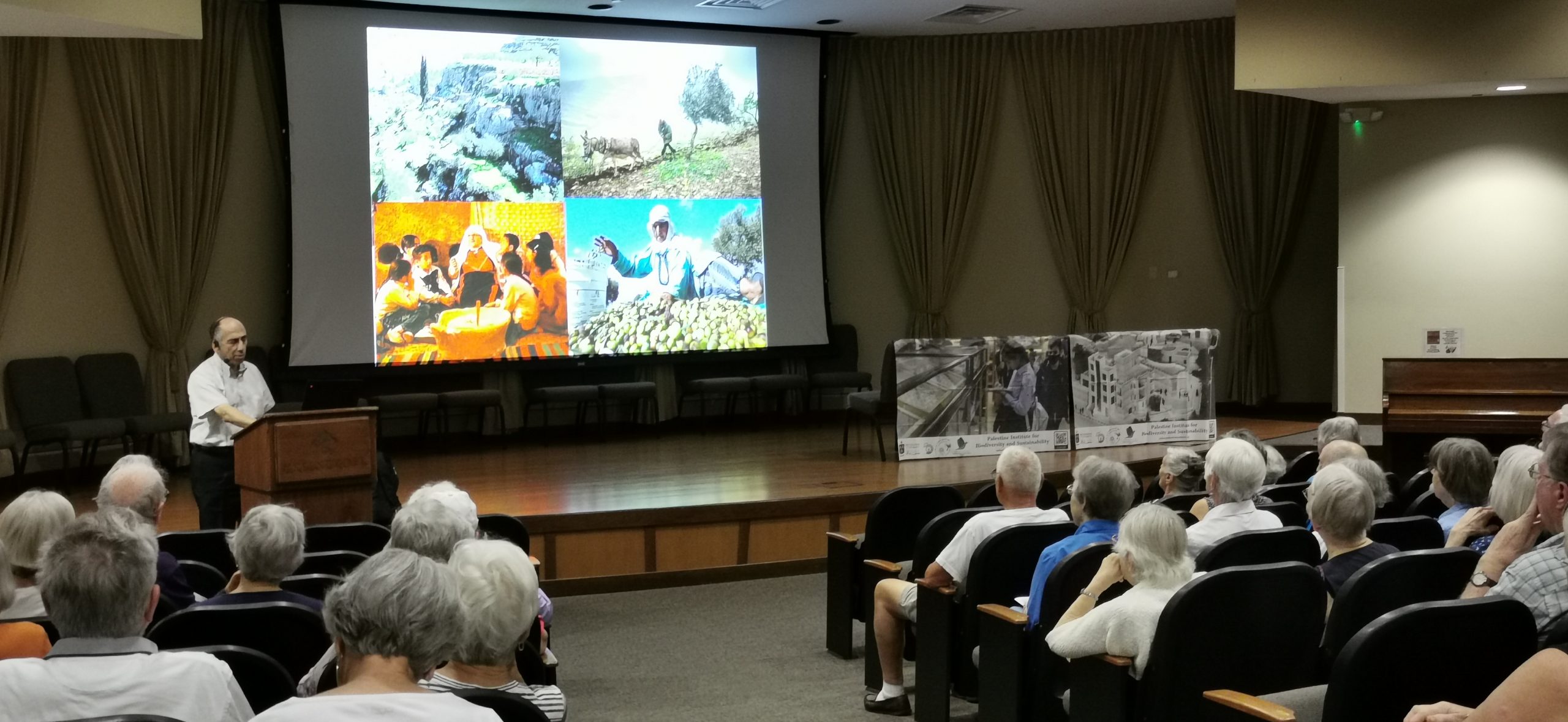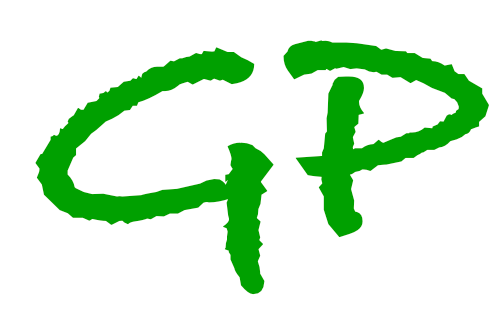Mazin Qumsiyeh on Palestine: Sources of the Disease and Hope for a Cure
Growing Palestine and several area organizations hosted Mazin Qumsiyeh in Northern Virginia on August 16, 2023, where he addressed an audience of 50 people on the topic “Decolonization of Minds and Nature in Palestine and Globally.”
 Qumsiyeh—a Bethlehem University professor and founder of the Palestine Institute for Biodiversity and Sustainability—is a scientist, and he structured his remarks around a medical metaphor. If Palestine is a patient, what are the environmental symptoms of the problem, what diagnosis captures the manifestations of disease, and what is the appropriate treatment?
Qumsiyeh—a Bethlehem University professor and founder of the Palestine Institute for Biodiversity and Sustainability—is a scientist, and he structured his remarks around a medical metaphor. If Palestine is a patient, what are the environmental symptoms of the problem, what diagnosis captures the manifestations of disease, and what is the appropriate treatment?
Palestine was historically a multiracial and multilingual country with rich biodiversity. The attempt to turn it into a Jewish state—an aim that runs contrary to its history over the centuries—has required the use of overwhelming force, yet even with that, Israel hasn’t succeeded in its goal.
 The environmental damage is massive. Water sources and even the Dead Sea water levels are diminishing; Israel taps aquifers within the West Bank and then sells the water to Palestinians at high cost. Turning a rich agricultural tradition that relied on rainfed plants into one that relies on irrigation is more labor and resource intensive, and it is designed to serve political agendas. The destruction of indigenous trees and their replacement with European pines served political, not ecological, purposes (primarily to disguise the presence of earlier Palestinian habitation), and when fires break out, these nonindigenous trees are quick to burn (and reveal the terraces built by Palestinian farmers centuries ago).
The environmental damage is massive. Water sources and even the Dead Sea water levels are diminishing; Israel taps aquifers within the West Bank and then sells the water to Palestinians at high cost. Turning a rich agricultural tradition that relied on rainfed plants into one that relies on irrigation is more labor and resource intensive, and it is designed to serve political agendas. The destruction of indigenous trees and their replacement with European pines served political, not ecological, purposes (primarily to disguise the presence of earlier Palestinian habitation), and when fires break out, these nonindigenous trees are quick to burn (and reveal the terraces built by Palestinian farmers centuries ago).
The assault on indigenous farming through various means—the Apartheid Wall, which separates villages from their farmlands; vicious settler attacks on farms, sheep, and goats; banning of the traditional practice of foraging for herbs—has a single purpose: to make indigenous life unsustainable.
The restriction on and control of indigenous movement (a feature of apartheid South Africa) should be seen in the same context: separating people from their geography and trapping them into bantustans.
The siege on Gaza has environmental implications beyond the obvious environmental degradation related to munitions. Part of the reason for the blockade and the imposition of a narrow range allotted for fishermen is Israel’s exploitation of natural gas fields off the coast of Gaza, which it sells to other countries. This resource is being stolen from its rightful owners and sold for profit, and on top of that it is not the resource that should be developed during the ongoing climate crisis.
These are the environmental symptoms of settler colonialism, not difficult to identify because so many countries have gone through similar experiences. Throughout his remarks, Qumsiyeh drew parallels with the experiences of indigenous people in North America.
Drawing on the experiences of other nations, three prognoses are possible: outright genocide, as occurred in North America and Australia; expulsion of the foreign settlers, as occurred in Algeria; and intermingling of the indigenous and foreign populations, as occurred throughout Latin America and the Caribbean and elsewhere. The latter scenario is the least bloody and the most likely, Qumsiyeh said.
Just as having a strong immune system is key to resisting infection, popular resistance is essential to resisting and recovering from the deliberate harms of settler colonial policies.
Qumsiyeh argues that Palestinians have a tradition of resistance (he wrote about this in his book Popular Resistance in Palestine) and he described projects of the biodiversity center to address some of the challenges faced.
 Qumsiyeh and his wife Jessie are on a 12-state tour to talk about the activities of the center and to raise funds for its expansion. Among the center’s activities is documenting ancestral knowledge about farming. To learn more about the center’s activities, go to https://palestinenature.org. To listen to his presentation at the Palestine Center, go to: http://alturl.com/pg44p
Qumsiyeh and his wife Jessie are on a 12-state tour to talk about the activities of the center and to raise funds for its expansion. Among the center’s activities is documenting ancestral knowledge about farming. To learn more about the center’s activities, go to https://palestinenature.org. To listen to his presentation at the Palestine Center, go to: http://alturl.com/pg44p
The event was sponsored by Growing Palestine, Northern Virginia Chapter of Unitarian Universalists for Justice in the Middle East, Virginia Coalition for Human Rights, Palestinian Christian Alliance for Peace, Jewish Voice for Peace—DC Metro Chapter, Pax Christi Metro DC Baltimore, American-Arab Anti-Discrimination Committee, and US Campaign for Palestinian Rights.
